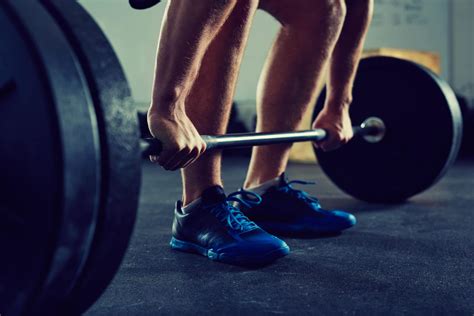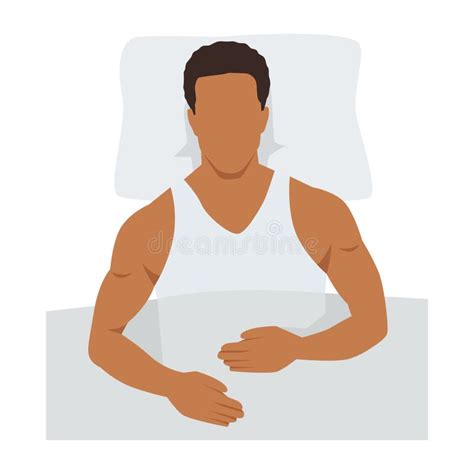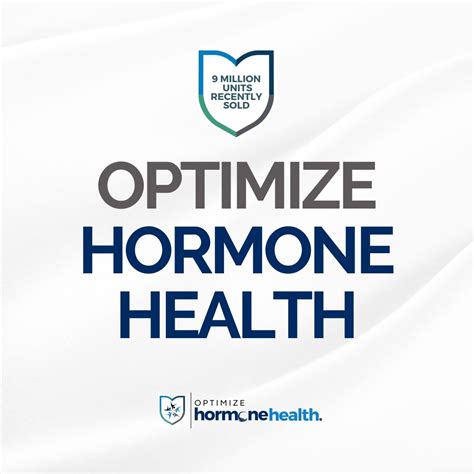How to optimize male hormone levels for peak strength & rapid recovery?

The Crucial Role of Hormones in Male Fitness
For men aspiring to achieve peak physical strength, rapid recovery from intense workouts, and sustained energy, understanding and optimizing hormone levels is paramount. Hormones like testosterone, growth hormone, and cortisol act as powerful chemical messengers, dictating everything from muscle growth and fat loss to mood and sleep quality. An imbalance can stall progress, diminish performance, and even impact overall well-being. This article will delve into actionable strategies to naturally optimize these vital male hormones, unlocking your full athletic potential.

Understanding Your Key Anabolic and Catabolic Hormones
Testosterone: The King of Anabolics
Testosterone is undoubtedly the most well-known male hormone, celebrated for its role in muscle mass, bone density, strength, and libido. Optimal levels are crucial for protein synthesis, which is the process of repairing and building muscle tissue after exercise. Low testosterone can lead to decreased strength, increased body fat, fatigue, and slower recovery.
Growth Hormone (GH): Repair and Rejuvenate
While often associated with childhood growth, Growth Hormone remains vital in adulthood. It plays a significant role in fat metabolism, muscle growth, bone density, and the repair of cells and tissues. GH is particularly active during deep sleep, making quality rest a cornerstone of its optimization.
Cortisol: The Double-Edged Sword
Cortisol is our primary stress hormone. In short bursts, it’s beneficial, helping us respond to acute stressors. However, chronically elevated cortisol levels can be highly detrimental to fitness goals. It can promote muscle breakdown (catabolism), increase fat storage (especially visceral fat), suppress immune function, and interfere with testosterone production and recovery.
Pillars of Hormonal Optimization
Strategic Nutrition: Fueling Your Endocrine System
What you eat directly impacts your hormone production. A balanced diet rich in specific macronutrients and micronutrients is non-negotiable for hormonal health:
- Healthy Fats: Cholesterol, found in healthy fats, is a precursor to testosterone. Incorporate sources like avocados, nuts, seeds, olive oil, and fatty fish (salmon, mackerel).
- Protein: Essential for muscle repair and growth, protein also supports various bodily functions. Aim for lean sources like chicken, turkey, beef, eggs, and legumes.
- Complex Carbohydrates: Provide energy for workouts and prevent cortisol spikes from low blood sugar. Opt for whole grains, fruits, and vegetables.
- Micronutrients: Zinc (red meat, shellfish, pumpkin seeds) is vital for testosterone. Vitamin D (sunlight, fatty fish, fortified foods) is a steroid hormone precursor. Magnesium (leafy greens, nuts, seeds) supports sleep and reduces stress.

Intelligent Training: Stimulate, Don’t Overwhelm
Exercise is a powerful hormone regulator, but the type and intensity matter:
- Resistance Training: Lifting weights, especially compound movements (squats, deadlifts, bench press), stimulates testosterone and GH release. Focus on progressive overload.
- High-Intensity Interval Training (HIIT): Short bursts of intense exercise followed by brief recovery periods can also boost GH and testosterone.
- Avoid Overtraining: Excessive or prolonged intense exercise without adequate recovery can lead to chronic cortisol elevation and suppressed testosterone. Listen to your body and incorporate deload weeks.

Prioritize Sleep: The Ultimate Anabolic State
Sleep is when your body does most of its repair work. Testosterone and Growth Hormone are predominantly released during deep sleep phases.
- Aim for 7-9 hours: Consistent, quality sleep is crucial.
- Improve Sleep Hygiene: Create a dark, cool, quiet bedroom. Avoid screens before bed. Establish a consistent sleep schedule.
- Impact on Hormones: Poor sleep significantly lowers testosterone and impairs GH secretion, while simultaneously raising cortisol levels.

Master Stress: Taming Cortisol
Chronic stress is a silent killer of hormonal balance. High cortisol can directly suppress testosterone production and hinder recovery.
- Mindfulness and Meditation: Regular practice can significantly lower stress levels.
- Deep Breathing: Simple breathing exercises can activate the parasympathetic nervous system, promoting relaxation.
- Leisure Activities: Engage in hobbies and activities you enjoy to provide mental breaks.
- Time Management: Organize your tasks to reduce feelings of overwhelm.
Lifestyle & Environment: The Often-Overlooked Factors
- Limit Alcohol: Excessive alcohol consumption can negatively impact testosterone production and disrupt sleep.
- Avoid Endocrine Disruptors: Be mindful of plastics (BPA), pesticides, and certain chemicals that can mimic or interfere with hormones.
- Sunlight Exposure: Safe sun exposure helps optimize Vitamin D levels, which as mentioned, is crucial for hormone synthesis.
- Stay Hydrated: Water is essential for every bodily function, including hormone transport and synthesis.

When to Consider Professional Guidance
While natural strategies are powerful, sometimes a deeper issue might be at play. If you’ve consistently implemented these lifestyle changes and still experience symptoms of hormonal imbalance (e.g., persistent fatigue, low libido, difficulty building muscle, unusual weight gain), it’s wise to consult with a doctor or an endocrinologist. They can perform blood tests to assess your hormone levels and recommend appropriate medical interventions if necessary.
Conclusion
Optimizing male hormone levels for peak strength and rapid recovery is not about quick fixes; it’s a holistic approach encompassing nutrition, smart training, quality sleep, stress management, and mindful lifestyle choices. By consistently prioritizing these pillars, you can naturally enhance your body’s anabolic environment, leading to greater strength, faster recovery, and an overall elevated sense of well-being and performance. Commit to these changes, and unlock the powerful, resilient physique you’re capable of achieving.









